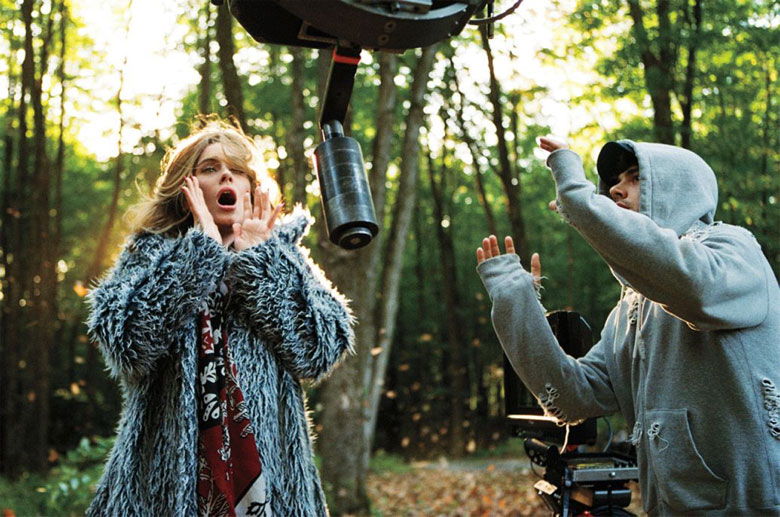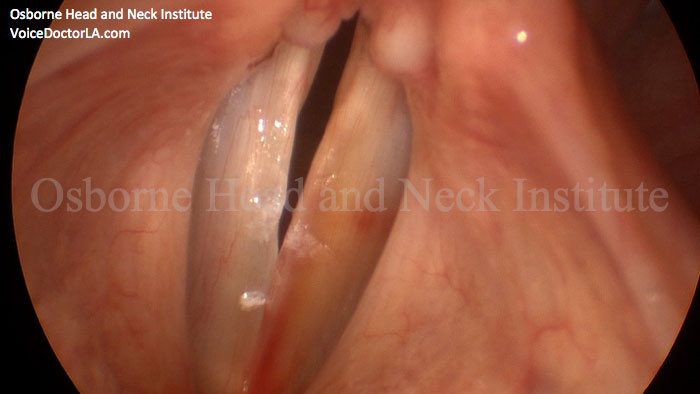- Question: How do the ingredients in e-cigarettes and vaporizers affect respiratory health? - August 16, 2019
- Bad Technique and Vocal Injury - January 9, 2019
- Is Edible Marijuana Dangerous for the Voice? Myths Dispelled - December 18, 2018
- Surprise! You have a hemorrhage - January 31, 2018
- Graves’ Disease: Treatment Overview - September 25, 2017
- Adele and the Stigma of Vocal Injury - July 11, 2017
- Vocal Curbside Consult: How does the thyroid affect the voice? - May 16, 2017
- Vocal Curbside Consult: How do hormones affect the voice? - May 3, 2017
- Vocal Curbside Consult: How do emotion and stress affect the voice? - April 17, 2017
- Vocal Curbside Consult: Vocal Recovery After Illness - April 7, 2017

Adele released “Hello” to universally rave reviews, which were understandable given the beauty and vocal quality demonstrated on the track. Many in the voice world listened carefully, as well, to determine if she was truly back or if her vocal surgery had negatively affected her. Those who were looking for something negative to say were surely disappointed. “Hello” definitively proved that vocal surgery can be undertaken successfully, and that the artist can return with an even better sound. This is hinged on excellent surgical care by a laryngologist as well as rehabilitation by a vocal therapist. Also important is the severity of injury that the singer has sustained. However, there is no question that this single has proven there should be less stigma or fear associated with injury, surgery, and the performing voice.
In a Rolling Stone article, Adele discussed the past few years, during which she learned about herself and the life she wanted to lead. The most telling quote about her surgery was this:
“It does make your voice, like, brand-new… which I actually didn’t like at first, because I used to have a bit of husk to my voice, and that wasn’t there at first.”
This is a powerful statement and must be put into a careful context. No surgery can truly make the voice “brand new.” The loss of some of her huskiness means that she had been singing through injury for so long she had thought this was a normal quality to her voice. The husk was actually a sign of injury.
There are many variables involved in vocal surgery. Her statement is not a green light to engage in vocally-risky behaviors with the thought that surgery can fix anything. Quite the opposite. It is easy for a singer to read about the four extra notes she now has in her upper range and get excited. It is more crucial for singers to consider other elements of her story:
- She has quit smoking
- She rarely drinks, at most one drink a week
- She is diligent with her warm-up and vocal coaching
- She is working out to get into touring shape
Her own summary? “I’m no fun at all.”
I tell my singer patients that my most successful patients are my most boring patients. Smoking (anything), drinking, compromising on vocal coaching and technique, or allowing yourself to get deconditioned will greatly increase the risk of injury. Excessive or incorrect speaking technique will also compromise voice and make injury more severe when it does happen.
Injury occurs even in the singer who follows all the “rules.” The demands on the touring performer are too high and singers get hurt like any professional athlete can. The best vocal technique and health cannot prevent this 100% of the time. However, when a singer is conscientious about caring for themselves and seeks evaluation with a laryngologist within 1-2 days of hoarseness, the vocal folds will be healthier. The injury will be smaller and recovery will be more likely, whether or not surgery is needed.

Recovery from surgery is possible. The best vocal outcomes from surgery are seen if the following conditions are present:
- A non-smoker
- A healthy singer who has not had vocally-abusive behaviors (excessive or loud talking, etc)
- Early identification of injury (i.e., 1-2 weeks, rather than months of pushing through hoarseness)
- Surgery by a fellowship-trained laryngologist
- Pre- and post-operative therapy by a sub-specialized vocal therapist
The most important element is that the singer must be equally invested and involved in their own care. Adele’s success story is one of many that is possible when the singer, vocal coach, voice therapist, and laryngologist partner in the care of the professional voice.
To learn more about Dr. Reena Gupta or recovery following vocal surgery, please visit www.voicedoctorla.com.



